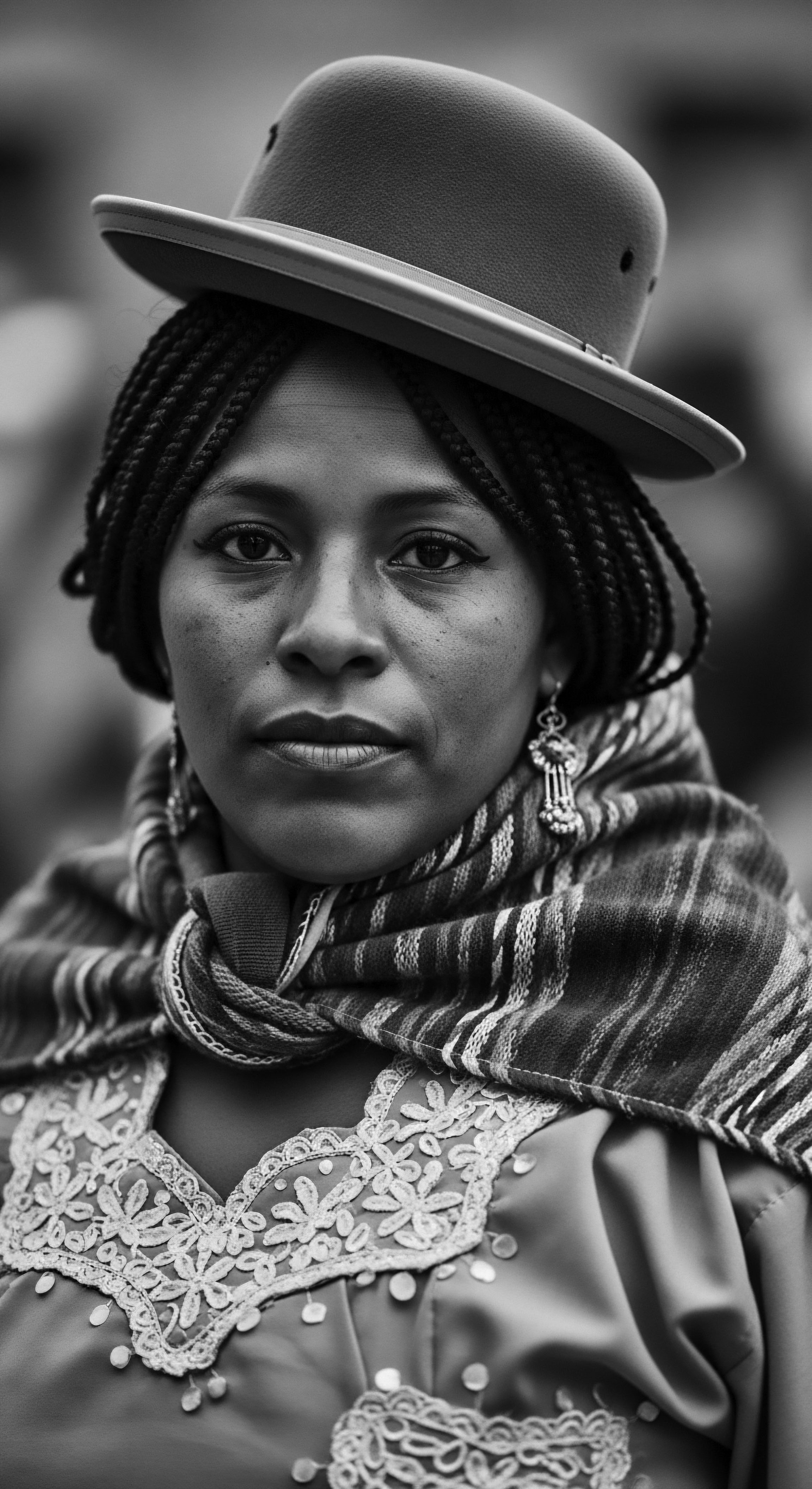
In What Ways Do Ancient Hair Care Methods Influence Modern Textured Hair Practices and Identity?
Ancient hair practices deeply shape modern textured hair care and identity by transmitting ancestral wisdom and cultural resilience.
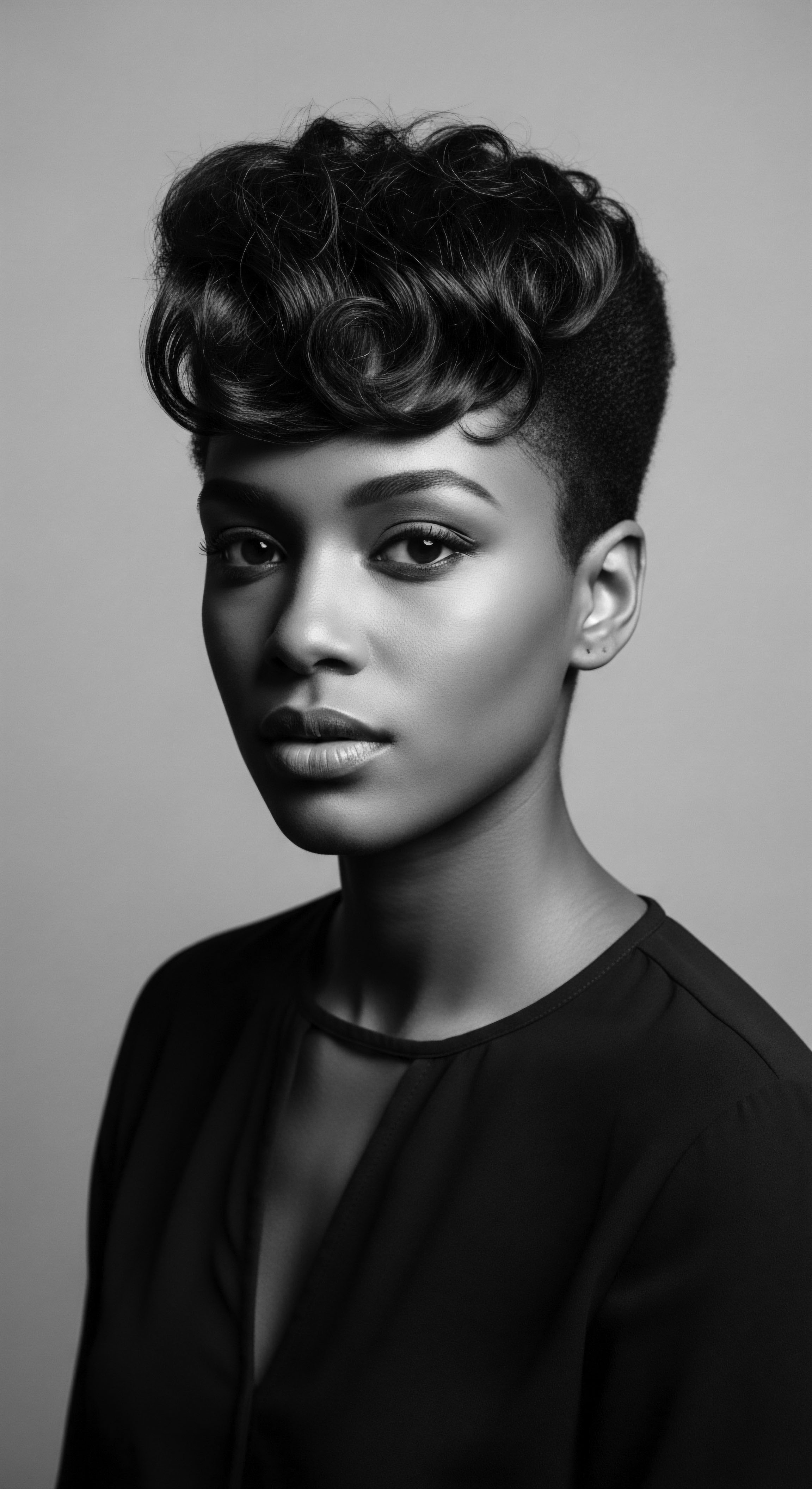
Can Scientific Understanding Validate Traditional Textured Hair Rituals?
Yes, contemporary science affirms traditional textured hair rituals by explaining how age-old practices align with hair biology and protective needs.
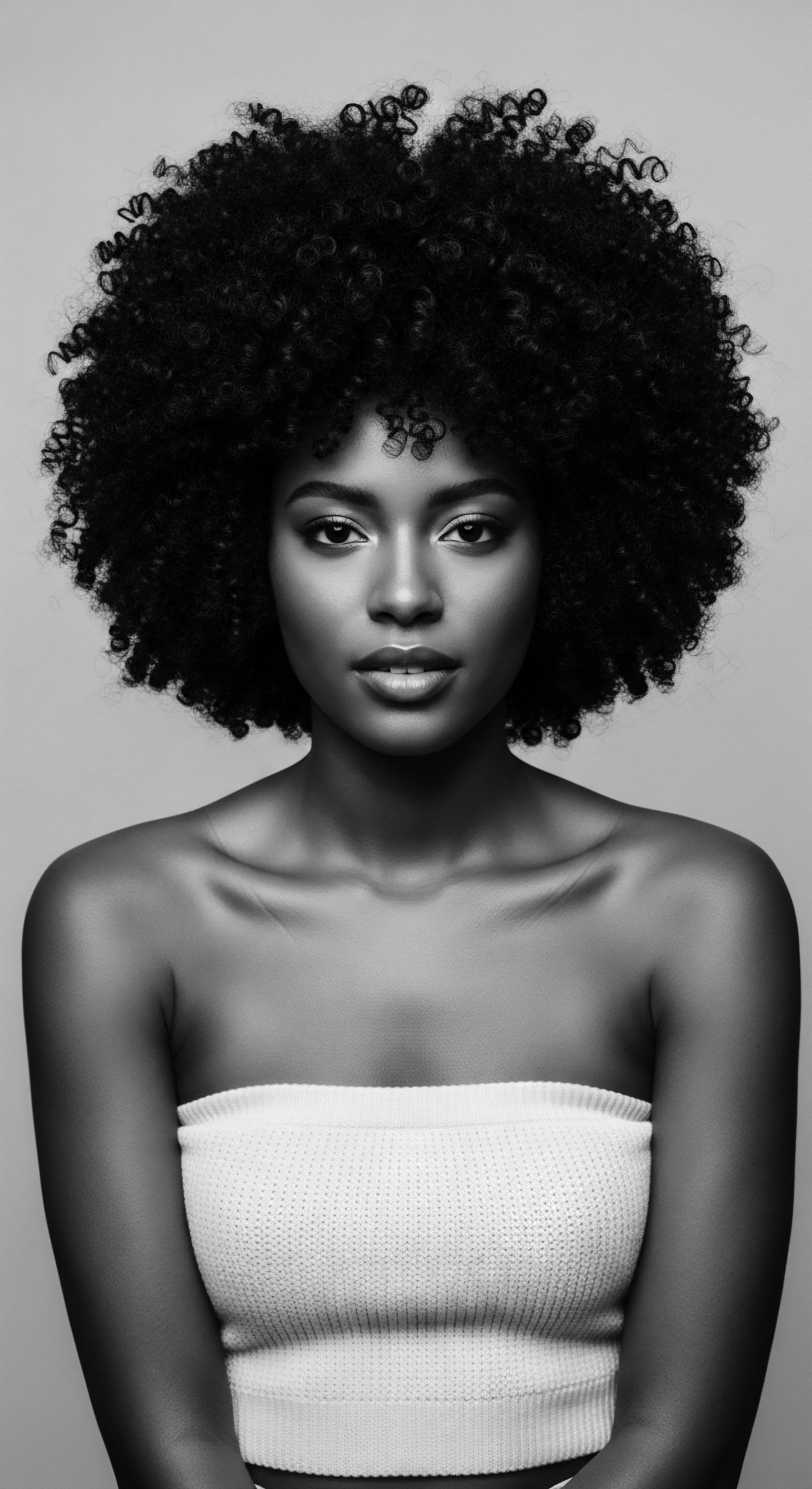
How Does Textured Hair’s Natural Architecture Contribute to Sun Defense?
Textured hair's unique coils and melanin content create a natural, heritage-rich shield against solar radiation.
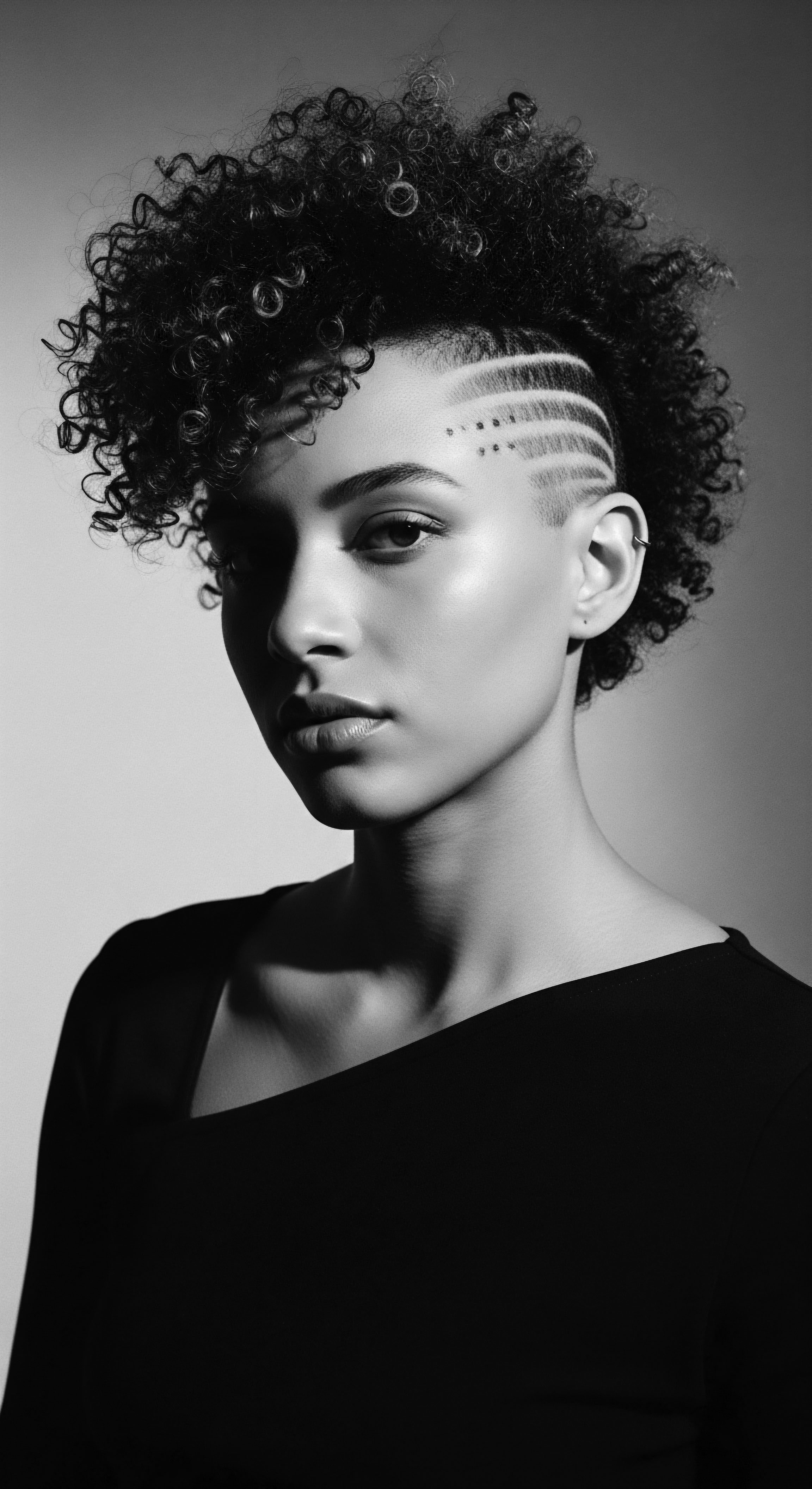
How Do Plant Extracts Strengthen Textured Hair?
Plant extracts fortify textured hair by providing essential nutrients, lipids, and compounds that nourish, protect, and strengthen strands, honoring ancestral care traditions.
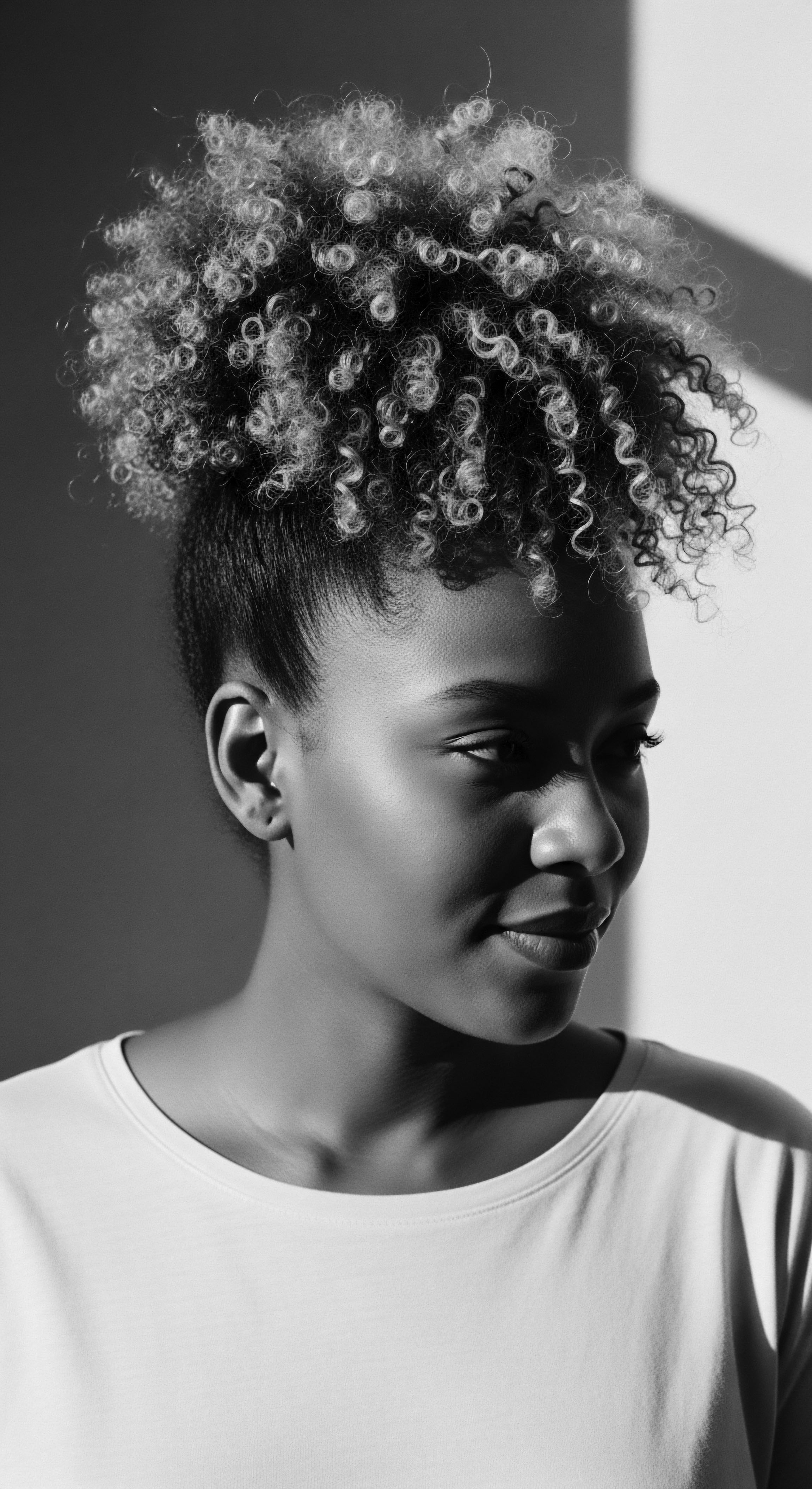
Did Ancestral Practices Preserve Textured Hair from Sun Damage?
Ancestral practices preserved textured hair from sun damage through inherent hair structure, protective styling, and natural emollients and pigments.

